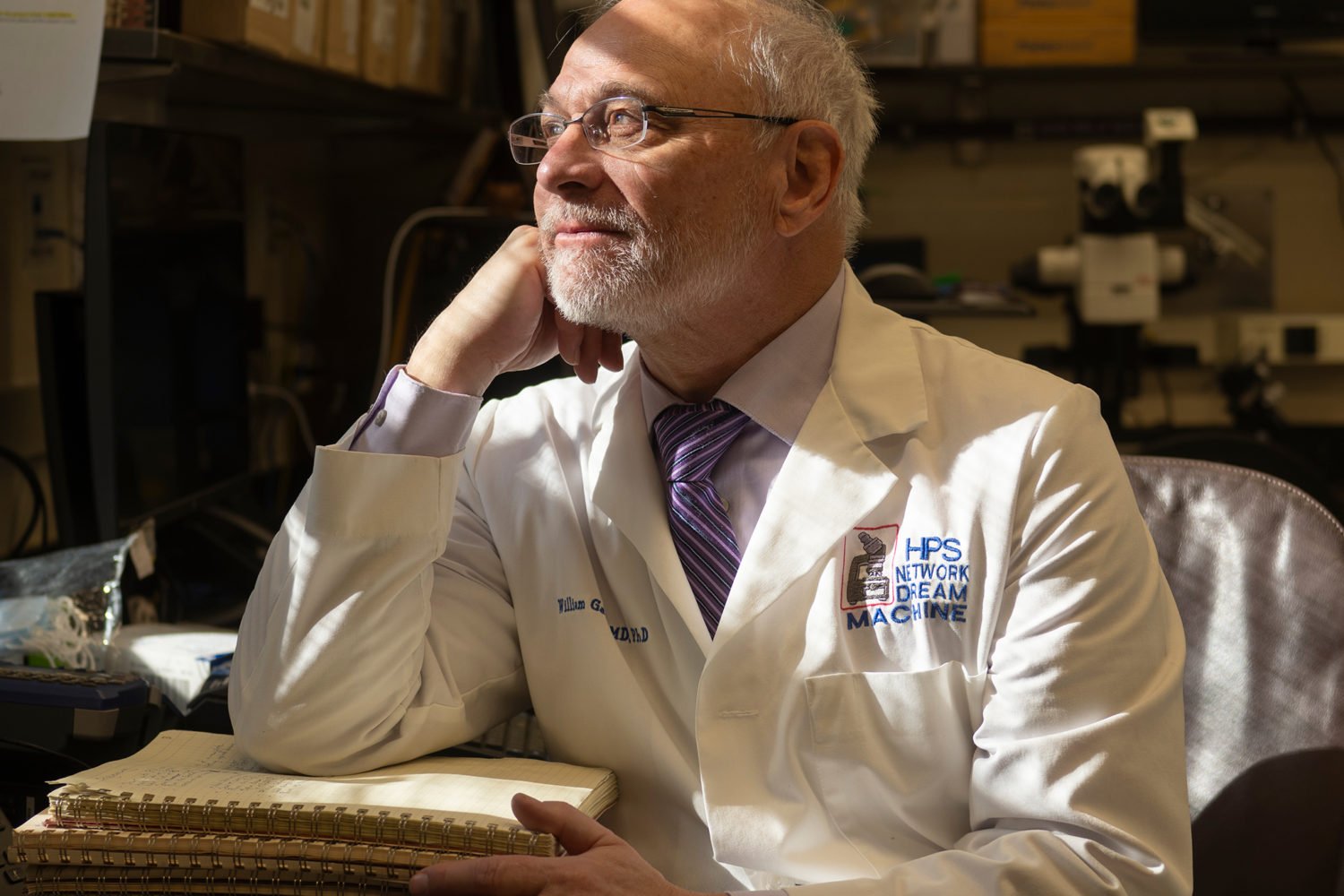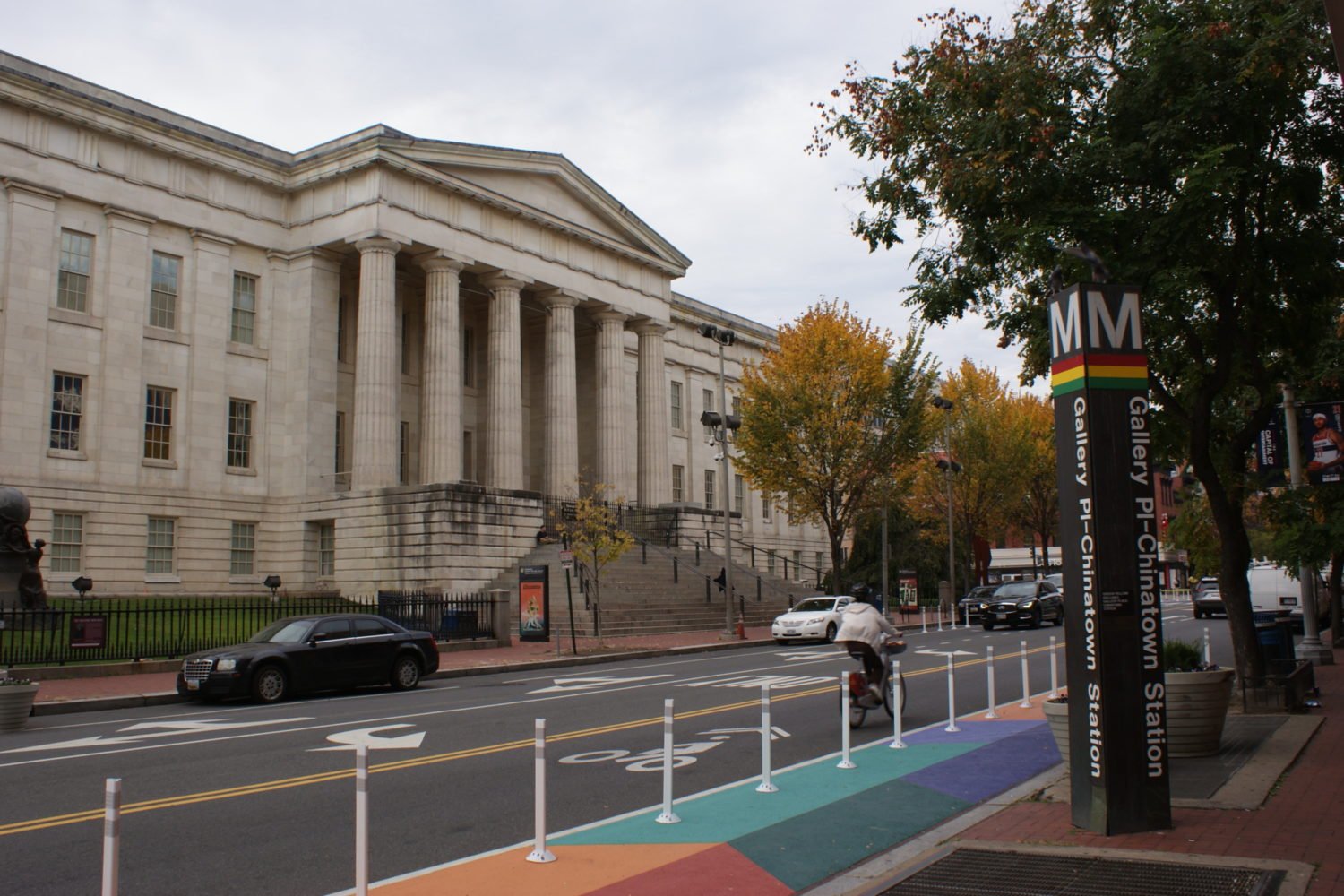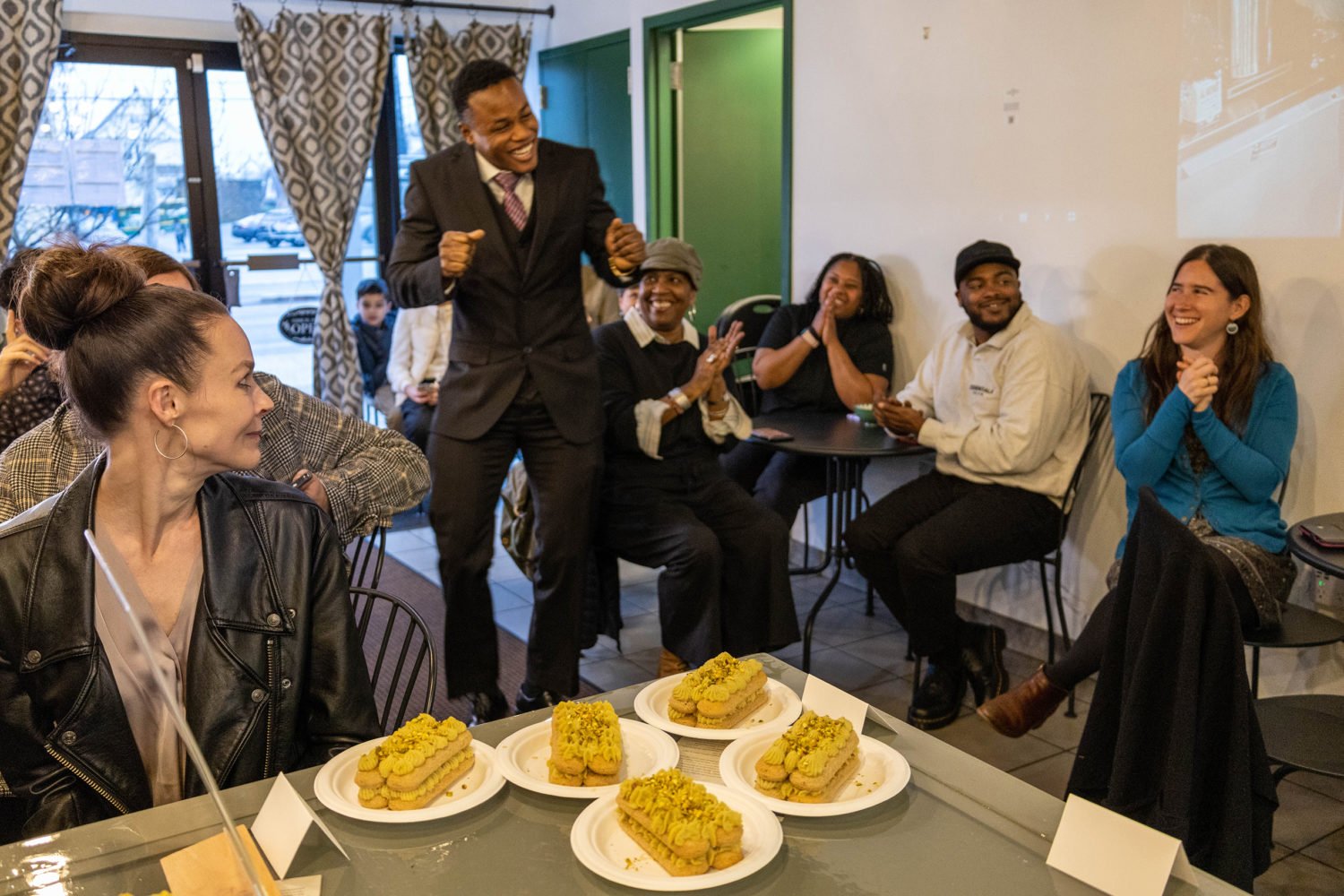Growing up, I was always on the move. At age five, I got lost in a grocery store and found my mother after politely asking to use the intercom. When I was ten, my activities included voice lessons, dinner theater, and 15 hours of ballet a week. By age 16, driver’s license in hand, I was rarely home.
I was the eldest of six, so independence and ambition came with the territory. The independence took me to college in Ohio, the ambition to Boston and New York, where I was a reporter and attended graduate school. I learned to get by on my own. I walked or took public transportation everywhere, chased down stories all over town, hung out late. Then the downturn came, loan statements flooded my mailbox, and job opportunities became uncertain. I moved back home to Darnestown.
I settled into a younger brother’s bedroom while he was at college—mine had been given to my little sister—and was thrown back into a world of packed lunches, carpools, and family dinners. I tried to live as I had up north, but with free rent came obligations not typical for single twentysomethings.
Three of my siblings were still at home, so my mom and dad still operated as parents rather than peers. I didn’t own a car, and Dad quickly tired of picking me up at the Grosvenor-Strathmore Metro after 10, so for the first time since high school, my social life had limitations.
Instead of drinks after work, evenings were filled with trips to the supermarket, dropping off my brother at baseball practice, driving my sister home from ice dancing. Before making weekend plans, I had to borrow a car, which involved questions: Where was I going? How many drinks would I “enjoy”? Would I be home the next morning for Mass?
I dreamed of my old life and told myself I’d leave Washington soon. When friends complained that I wasn’t social enough, I jokingly blamed “my roommates.” On dates, I ducked out before midnight, saying, “This is only temporary.”
But after a few months, I’ve noticed a change. Morning traffic on I-270 has become quality time with my teenage brothers. We listen to NPR, argue about politics, sing along to U2 or Oasis. I was around to see my brother Martin read his acceptance letter from my alma mater, Denison University. I lost my voice cheering for Peter’s first shutout as a hockey goalie at Georgetown Prep. I’m part of my ten-year-old sister’s daily life for the first time—I left for college when Lorraine was two. She and I have spent many Saturdays painting ceramics, with the dish sets to prove it.
On weeknight rides home from the Metro, I have my mother or father for more than a moment. We talk about small stuff, like ways to style Lorraine’s hair, and big stuff, like my grandfather’s Alzheimer’s disease.
I enjoy cooking again. Dad and I are a team, and our best creations are Italian—spaghetti with pesto sauce tossed with pan-fried onions and shrimp; lamb ragu with pine nuts, basil, and goat cheese.
As I’ve helped around the house more, my parents have accommodated my social life—not as many questions, no more pestering me about curfews.
A journalist can get away with exploring other lives and forget to tend to relationships. I’d spent eight years distancing myself from my roots while building a career. But being forced to operate in a family again has made me realize I like the person I’ve become more than the one I left behind.
I’m still a city girl with dreams of flying from the suburban nest. I just don’t want to fly too far.
This article first appeared in the October 2009 issue of The Washingtonian. For more articles from that issue, click here.

















